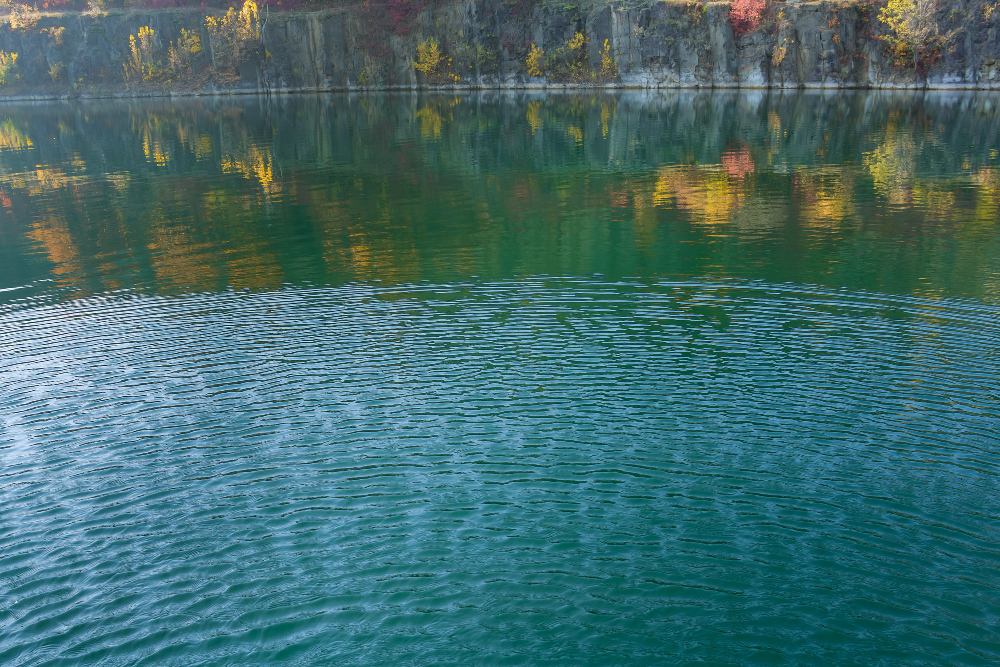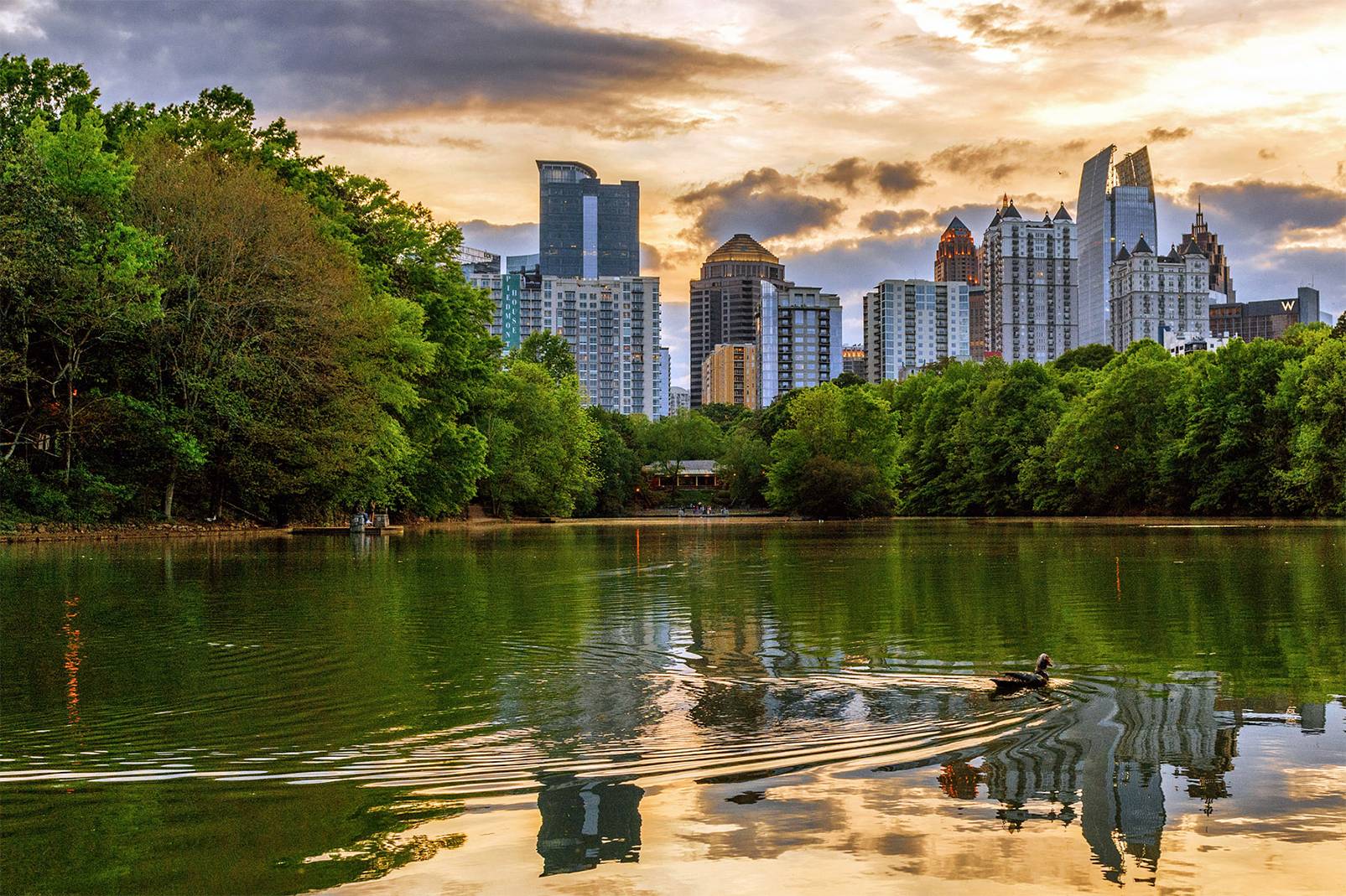
A crystal-clear pond might sound like a dream come true, but pure water clarity is not always a good thing. The pursuit of pure water clarity can sometimes lead to unexpected challenges and disruptions within pond ecosystems. In this brief article brought to you by Aquatic Restoration, we explore the complexities of water clarity in ponds and explore the nuances of clarity extremes and the problems they can entail.
If you are concerned about your pond’s water clarity, consider hiring professionals. Aquatic Restoration has over 35 years of pond maintenance experience, and we are proud to serve the Southeast region of the U.S.
At first glance, a pond with pristine water clarity appears idyllic, offering a captivating view of aquatic life and submerged features. Clear water not only enhances the aesthetic appeal but also serves as a visual indicator of water quality. It suggests a well-balanced ecosystem with minimal suspended particles, balanced nutrient levels, and healthy aquatic flora and fauna.
While pure water clarity has its merits, it can also lead to unforeseen challenges within pond environments:
Contrary to popular belief, murky water in ponds serves vital ecological functions and offers benefits often overlooked:

Achieving and maintaining optimal water clarity in ponds requires a balanced and multi-pronged approach. Here are some things to consider:
While the allure of pure water clarity is understandable, it's crucial to recognize that extremes in water clarity can disrupt the delicate balance of pond ecosystems. Ultimately, a balanced pond ecosystem – one that harmonizes clarity with habitat provision and nutrient management – ensures not only a visually appealing landscape but also a thriving aquatic community.
If you’d like to leave the detention or retention pond maintenance to trained and experienced professionals, then contact Aquatic Restoration to get started with a consultation. Our team is on standby to take your call or message today.
If you own a pond, we don’t have to tell you how irritating mosquitoes can be or how important it…
Dredging is an integral part of keeping lakes clean, healthy, and sustainable. This…
Lake management is an integral part of keeping your lake in peak condition. It involves activities such as lake…
There are many incredible benefits that come with restoring natural lake depth. Not only does it improve water quality…
When it comes to maintaining healthy water bodies, there are two primary methods that are often used: dredging and pond…